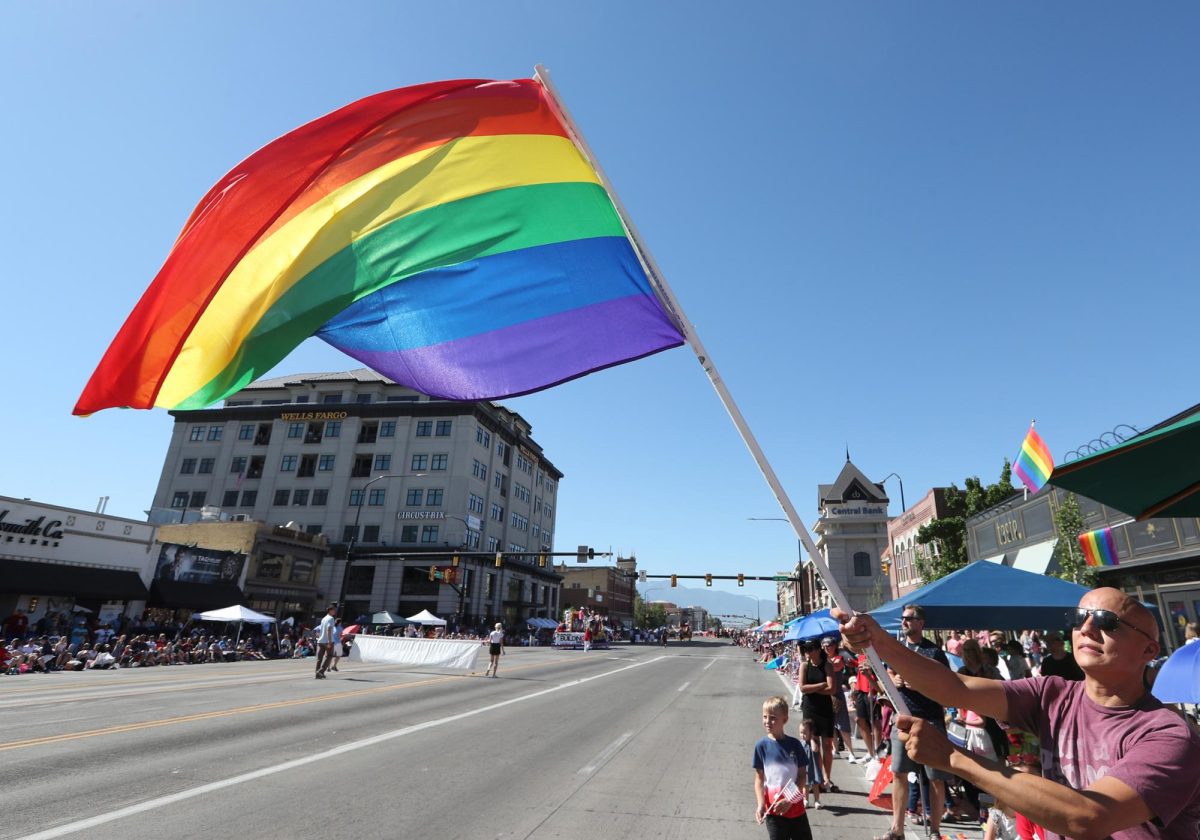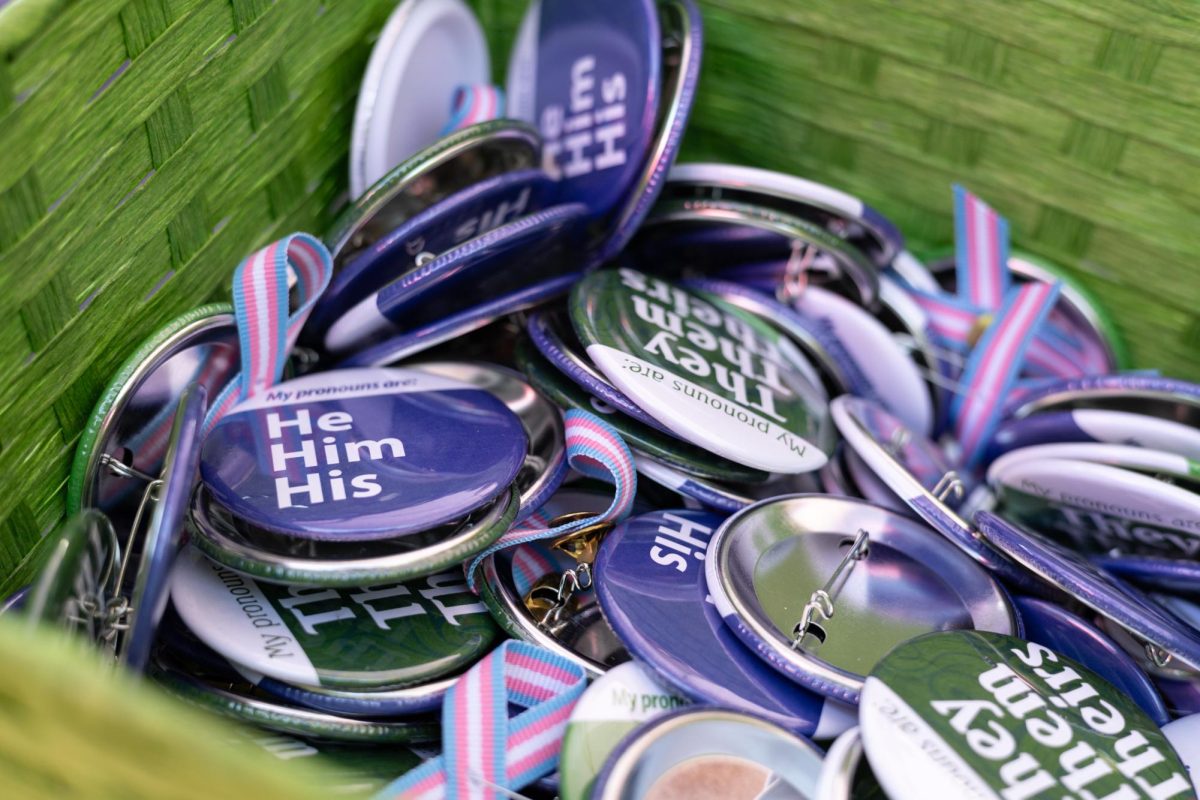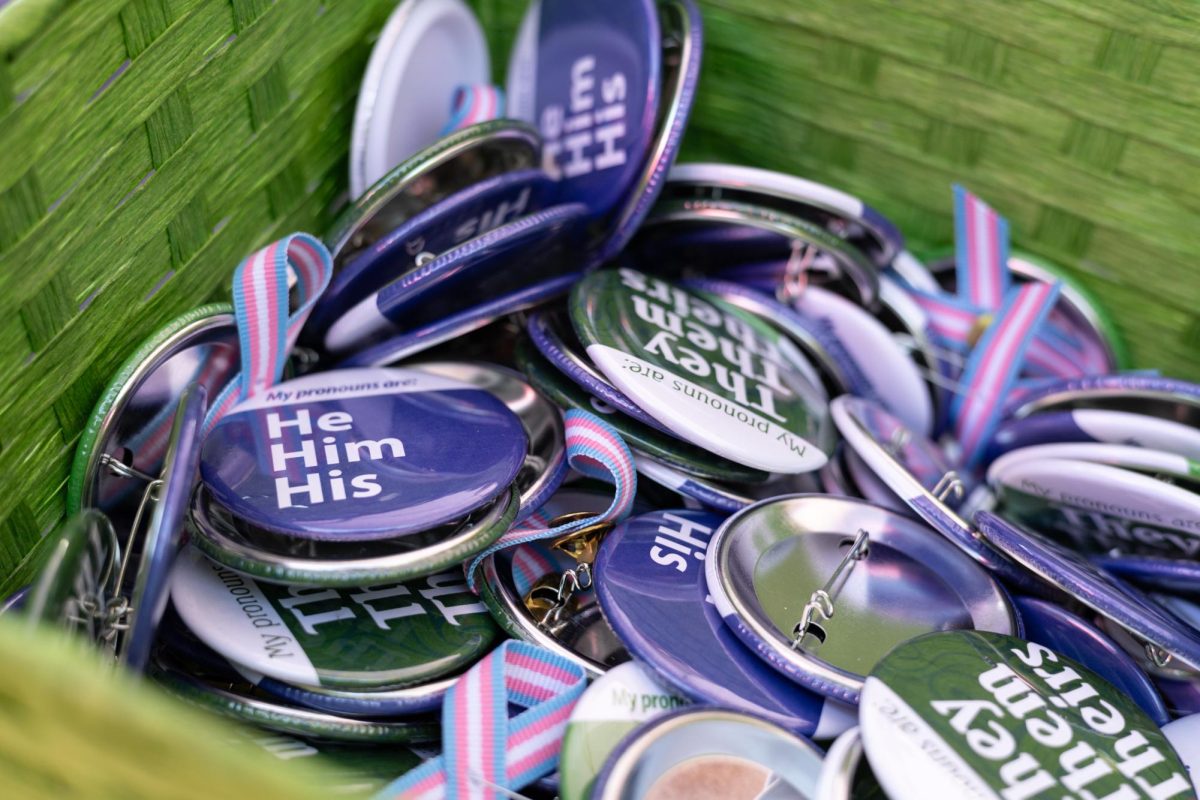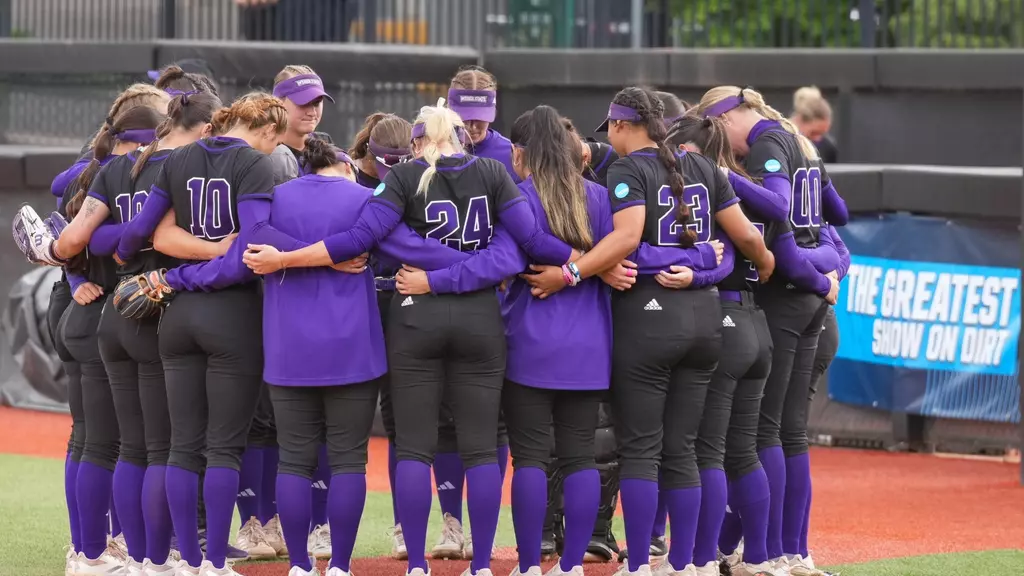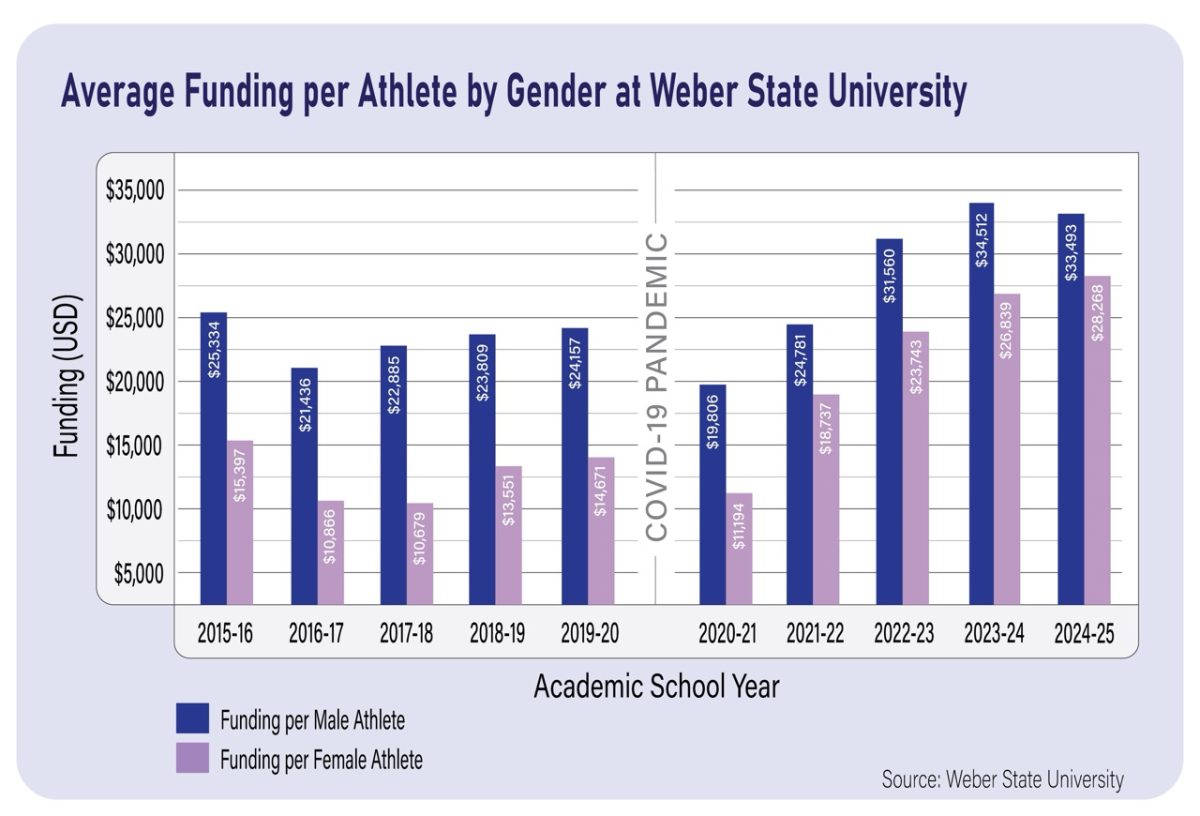
On Nov. 7, actor Charlie Sheen revealed on NBC’s “Today” show that he had been HIV positive for the past four years.
“It’s a hard three letters to absorb,” Sheen said. “It’s a turning point in one’s life.”
After trying to keep the secret and even succumbing to multiple extortion demands, Sheen revealed his secret.
“I release myself from this prison today,” Sheen said.
Dec. 1 marks World AIDS Day, an event that occurs annually and serves as an opportunity for people around the world to unite in their fight against HIV. Weber State has participated in their own way by setting up several booths in the Shepherd Union Atrium and hosting free HIV testing.
“People need to understand that there are prevalent resources available,” Jayson Stokes, the LGBT Resource Center coordinator, said.
Stokes was one of many that manned several booths within the Atrium. The booths represented several organizations including the LGBT Resource Center, Weber State’s GSA (Gay-Straight Alliance) and Students for Choice and Planned Parenthood.
“Since 2012 there has been an increase in HIV cases in the United States. HIV needs to enter the conversation,” Stokes said.
According to the Center of Disease Control and Prevention, about 1,218,400 people aged 13 and older are infected with the virus, including 156,300 who are unaware they have the virus. The CDC says that HIV cases have risen over the past decade and that the number of new infections remain too high. The WHO (World Health Organization), a subsidiary of the UN, has labeled HIV as one of the most significant public health challenges. Thanks to antiretroviral therapy, a combination of medications that prevent growth of the virus, HIV-positive people now live longer and healthier lives.

Kestin Page, the assistant diversity director, helped spearhead an endeavor to honor World AIDS Day by coordinating with Weber’s GSA, the LGBT Resource Center and Weber/Morgan Health Department to host free HIV testing in the Shepherd Union Building. Students were able to walk in, fill out a form and have themselves tested for HIV without charge.
“So far people have been very supportive and most everyone who has done it are happy they did it,” Page said. “HIV affects everyone whether you’re rich, poor, black, white, gay or straight.”
Page says that it is recommended that those who are sexually active be tested every six months. He hopes to have free HIV testing every year and potentially make it available to Weber students at all times.
“Have no fear about testing,” Page said. “If you are positive, there are supporting networks everywhere to help you though. This shouldn’t be a stigmatizing factor.”













